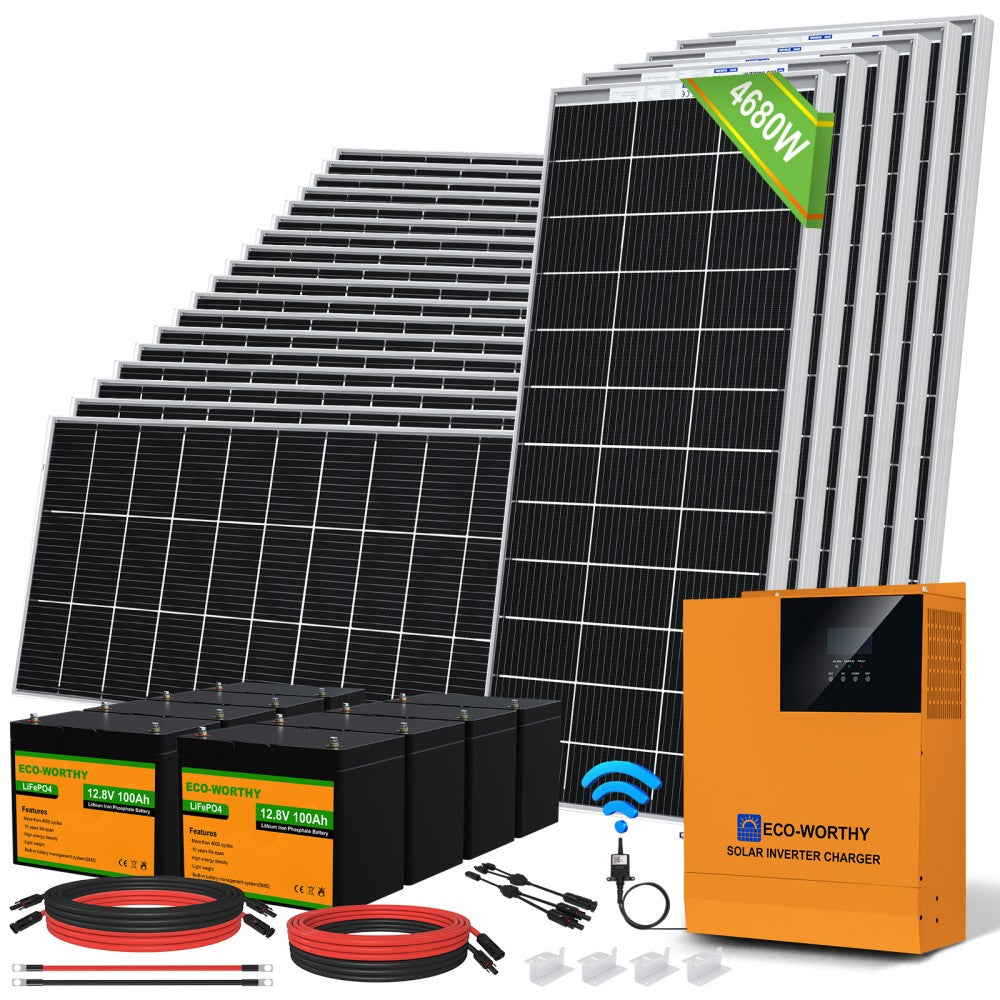The Essential Components of a Full Off Grid Solar System: A Comprehensive Guide
الجسم
In recent years, the concept of a full off grid solar system has gained significant traction among homeowners and businesses alike. This system allows individuals to generate and utilise their own energy, independent of traditional power grids. But what exactly does a full off grid solar system entail? In this guide, we will explore the essential components that make up such a system, providing you with a comprehensive understanding of its functionality.

Understanding the Full Off Grid Solar System
A full off grid solar system is designed to harness solar energy and convert it into usable electricity. This system typically comprises several key components, each playing a vital role in energy generation, storage, and consumption. By understanding these components, you can appreciate how they work together to create a sustainable energy solution.
Key Components of a Full Off Grid Solar System
- Solar Panels: These are the primary components that capture sunlight and convert it into electricity. The efficiency and type of solar panels can significantly affect the overall performance of the system.
- Inverter: An inverter is crucial as it converts the direct current (DC) generated by the solar panels into alternating current (AC), which is the form of electricity used in most household appliances.
- Battery Storage: To ensure a consistent power supply, battery storage systems are essential. They store excess energy generated during sunny days for use during cloudy days or at night.
- Charge Controller: This component regulates the voltage and current coming from the solar panels to the batteries, preventing overcharging and prolonging battery life.
How Does Each Component Work Together?
When sunlight hits the solar panels, they generate DC electricity. This electricity is then sent to the inverter, where it is converted to AC electricity. If the energy produced exceeds immediate consumption, the excess is stored in the batteries. The charge controller ensures that the batteries are charged safely and efficiently. This synergy between components is what makes a full off grid solar system effective and reliable.
Benefits of a Full Off Grid Solar System
Opting for a full off grid solar system offers numerous advantages:
- Energy Independence: You are no longer reliant on the grid, which can be particularly beneficial in remote areas.
- Cost Savings: While the initial investment may be significant, the long-term savings on electricity bills can be substantial.
- Environmental Impact: By using renewable energy, you contribute to reducing carbon emissions and promoting sustainability.
Conclusion
In conclusion, a full off grid solar system is a powerful solution for those seeking energy independence and sustainability. By understanding the essential components and how they interact, you can make informed decisions about implementing such a system in your own life. As the world moves towards greener energy solutions, investing in a full off grid solar system may be one of the most impactful choices you can make.











تعليقات